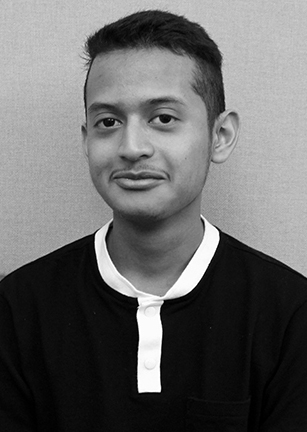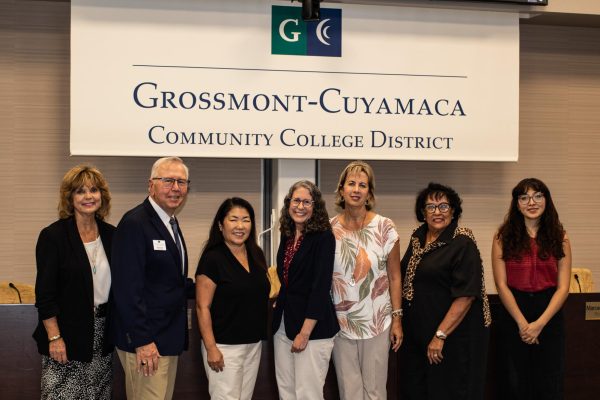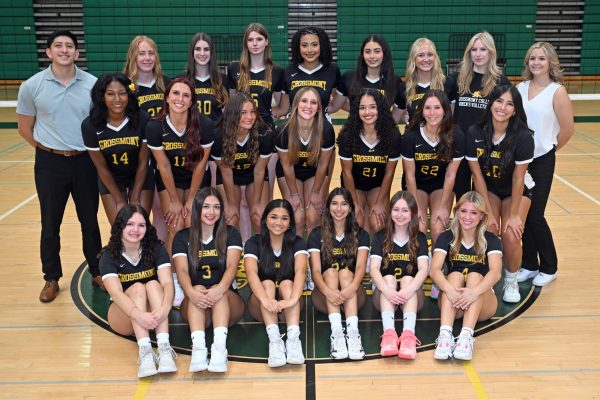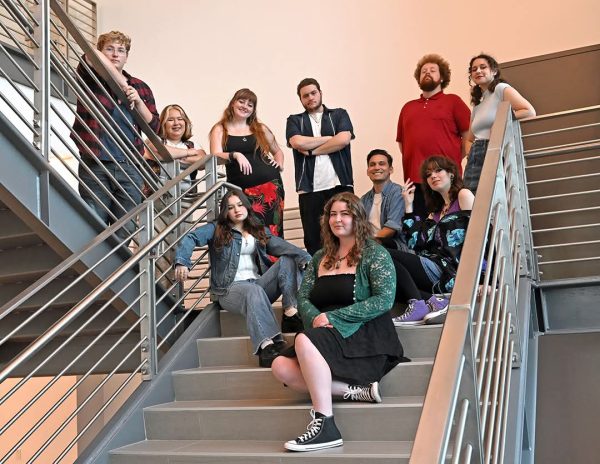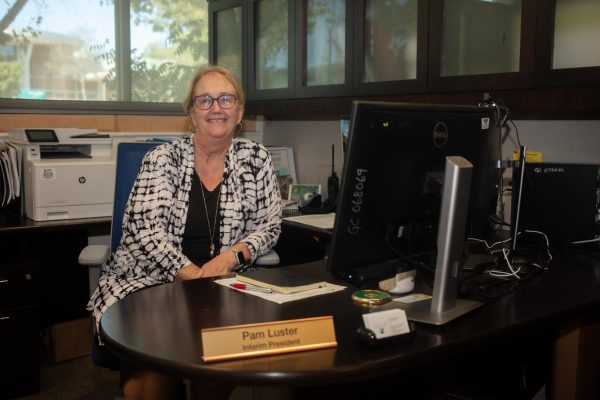The Fight For Gender Equality
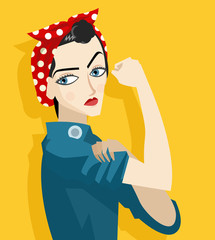
March 11, 2019
Cuyamaca’s spring Diversity Dialogue workshop helps inform students how to close the gender gap.
For the spring semester, Cuyamaca Community College holds several Diversity Dialogues workshops. These workshops are offered for students to learn and focus on a variety of topics. The workshop from Feb. 21 was based gender and discrimination.
The workshop was facilitated by Mayumi Douglass, mental health clinical supervisor and Erika Meza, a
counseling candidate. Douglas began the workshop with a history of gender
discrimination in ancient times.
Aristotle once said. “The woman is a failed man.” During this time, natural remedies were created to see
if a woman could be changed. In the Renaissance, witch hunts were created because society believed women would
bring demons and bad luck.
Today, one out of five women on U.S. college campuses have experienced a form of sexual assault in the past year.
Adding on, around 830 women died from preventable pregnancies around
the world. In addition, one out of three women experience violence. The violence can range from physically getting hurt to mental abuse. In the United States, women have a fear of speaking out
about the abuse they have experienced. Reporting acts of violence is not an easy process, unfortunately. The process
may take months before authorities take action. In addition, many women fear speaking out because the consequences may get worse.
Undocumented women are the least likely to report abuse. According to The New York Times, in 2017 an El Paso
women was arrested by Immigration and Custom Enforcement (ICE) minutes after she received a protective
order against a man that had abused her. This event brought lots of fear and influenced many illegal women to
stay quiet instead of reporting an act of abuse.
The same Times articles states only 25 percent of illegal women report a case to the authorities. Many women fear
being deported or losing custody of their children.
According to Douglass, the gap for gender equality will be closed in the year 2086. She mentioned “the gender gap
can close earlier than 2086 by speaking up, having a voice and identifying, but it is hard to know when.”
Comparing ancient times to modern day, progress has been made. In 1873, small groups of women gathered to advocate for equality. Eventually, women were granted the right to vote in 1920, when Congress passed the 19th amendment. In 1993, the Declaration of Elimination of violence was passed as an international law to protect women.
March 8, is known as International Women’s Day. In 1911, Women’s Day was created in the countries
of Austria, Denmark and Germany. Today, countries celebrate this day with parades and movements advocating the importance of equality.
There is still a lot of progress needed to close the gender gap although there have been many significant changes.
According to Douglass, “Choice is important.”She continued, “Women can be wives and mothers if they so choose, but they can go to college and have a career as well.”
During the workshop, the audience members were broken into two small groups. In one of the small groups, Douglass explained how women were expected to have children and stay at home instead of going to college and pursuing careers. Unfortunately, women who did have an education often would not be seen as the right candidate for a job position.
There are now more women graduating college and getting jobs, but many companies do not pay
all genders equally. According to the Global Citizen, women working full-time only get paid 77 percent of a male worker in the same job position.
Furthermore, when women go on maternity leave, there is an unfair risk of losing a job. Many companies allow
maternity leave, ranging nine to 12 weeks.
On the other hand, business giants like Netflix have given employees one year for maternity or paternity leaves.
This is one way Netflix is standing up against discrimination.
So why can’t more people stand up for equality? According to Janine Pina, a Cuyamaca College student, people may stay quiet for fear of being judged.
“An individual may be scared of the process when it comes to speaking up for gender rights,” said Pina. “It is not easy
because a person can feel embarrassed and afraid of being judged.”
During the workshop, the second speaker, Erika Meza elaborated the increasing number of men attending equal rights marches and rallies over recent years.
When the term “feminism” was used in the 1900s, every gender could be considered feminist, not just women.
Today, there are more men joining gender equality movements, but criticism toward these men has also increased.
Cuyamaca student Johana Ibarra said: “Men standing up for feminism is not weak. It makes them stronger.
They do something that is looked as wrong for other men in earlier times.”
After the workshop, Douglass explained that some men may be scared of change, but improving the rights of women would balance the distribution of power.
Moving forward, there is a lot of work to be done for men and women to have equal power. The Discrimination Based on Gender workshop was interesting and educational for many people in the audience.
“The workshop was interesting because it explained how men and women are separated in many forms to this day,” Pina said.
There was a small audience this time around, but students like Ibarra hope other students come to future Diversity Dialogue workshops. “I do believe more people should come to these workshops because
it can make a difference,” Ibarra said. “People can have a better understanding of different topics.”


